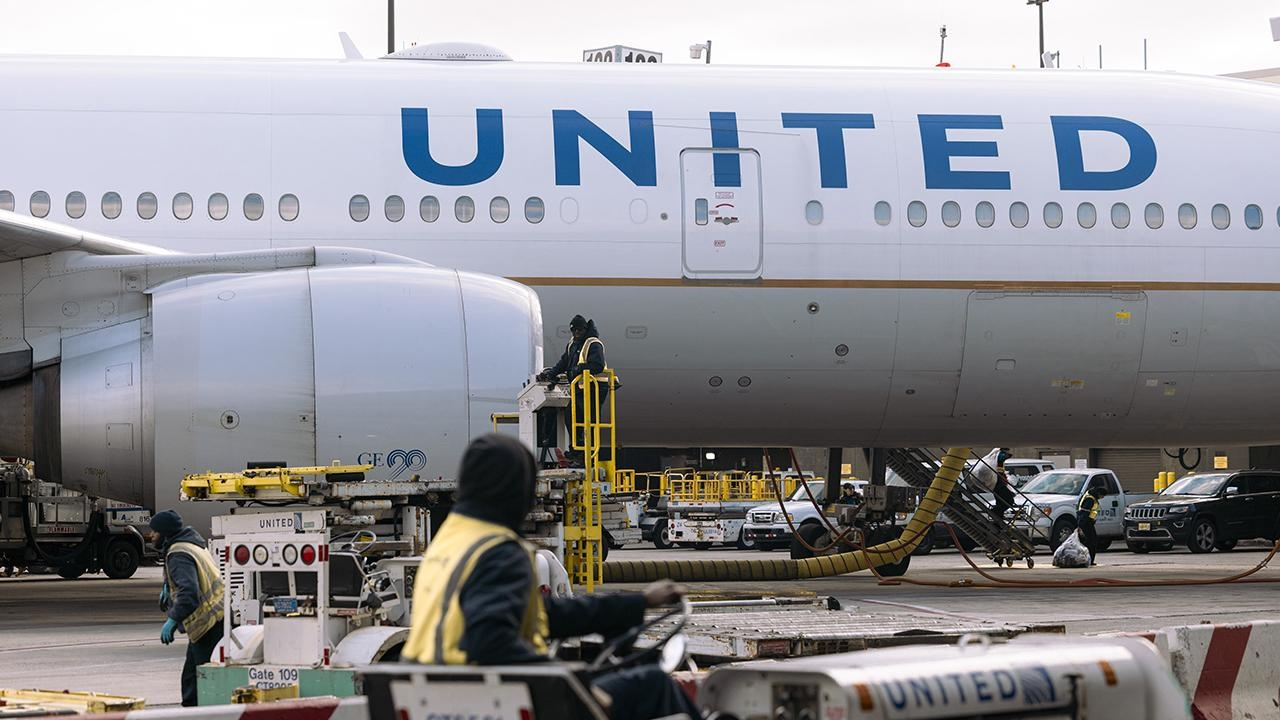
Smarter email, faster business.
Trending
United Airlines Boeing 777-200 Returns to D.C. After Engine Overheating During Takeoff

United Airlines Boeing 777-200 Returns to Washington D.C. After Engine Overheating Incident
A United Airlines Boeing 777-200 operating Flight UA803 to Tokyo Narita Airport was compelled to return to Washington D.C.’s Dulles International Airport (IAD) on Saturday, June 21, following an engine overheating event shortly after takeoff. The aircraft had ascended to approximately 4,000 feet when the flight crew detected significant overheating in one of its Pratt & Whitney 4090 engines. Responding promptly, the pilots leveled off, coordinated with air traffic control, and circled the area before executing a safe landing on runway 01R.
No injuries were reported among the passengers or crew. Upon arrival, the aircraft taxied to the gate where passengers disembarked and were subsequently transferred to a replacement plane to continue their journey to Tokyo. The affected aircraft, registered as N798UA and in service for over 27 years, remains grounded at Dulles for comprehensive maintenance inspections. United Airlines has not yet disclosed the scope of the repairs required.
Industry and Regulatory Implications
This incident arrives amid a period of intensified scrutiny for United Airlines regarding its safety protocols. Aviation regulators are expected to conduct a thorough review of the circumstances surrounding the engine overheating. The airline faces the challenge of reassuring its customers while managing potential reputational damage that could influence future bookings. Competitors may leverage the situation to emphasize their own safety records, seeking to attract passengers concerned by United’s recent technical difficulties.
The event also evokes memories of a 2021 incident involving another United 777-200, which experienced an engine fire over Denver caused by a fatigued fan blade. Although the recent overheating was less severe, both incidents highlight the critical importance of rigorous flight crew training and strict adherence to safety procedures. The professionalism demonstrated by the UA803 crew in handling the emergency underscores the aviation industry’s ongoing commitment to safety, informed by lessons from past events.
Meanwhile, Boeing, the manufacturer of the 777-200, continues to face challenges related to production demands and restoring confidence in its aircraft amid heightened scrutiny. Technical issues affecting Boeing jets can have broader implications for airlines such as United, complicating operational planning and influencing public perception.
As investigations proceed and maintenance teams evaluate the grounded aircraft, United Airlines must address immediate safety concerns while working to restore passenger confidence. This incident serves as a reminder of the complexities involved in maintaining safety and reliability within a highly competitive aviation industry.